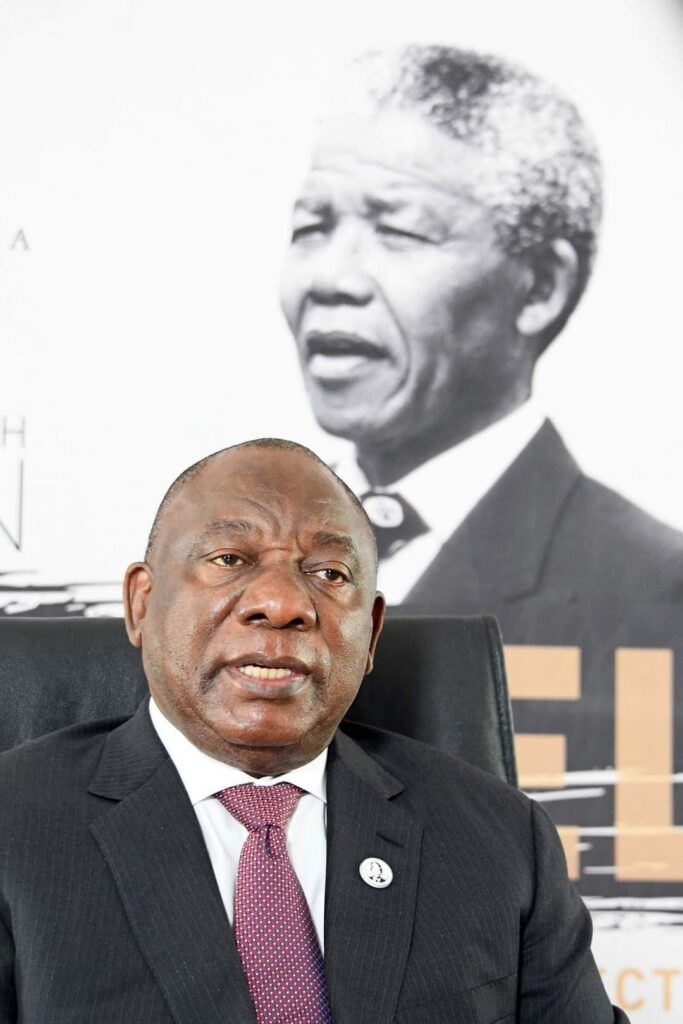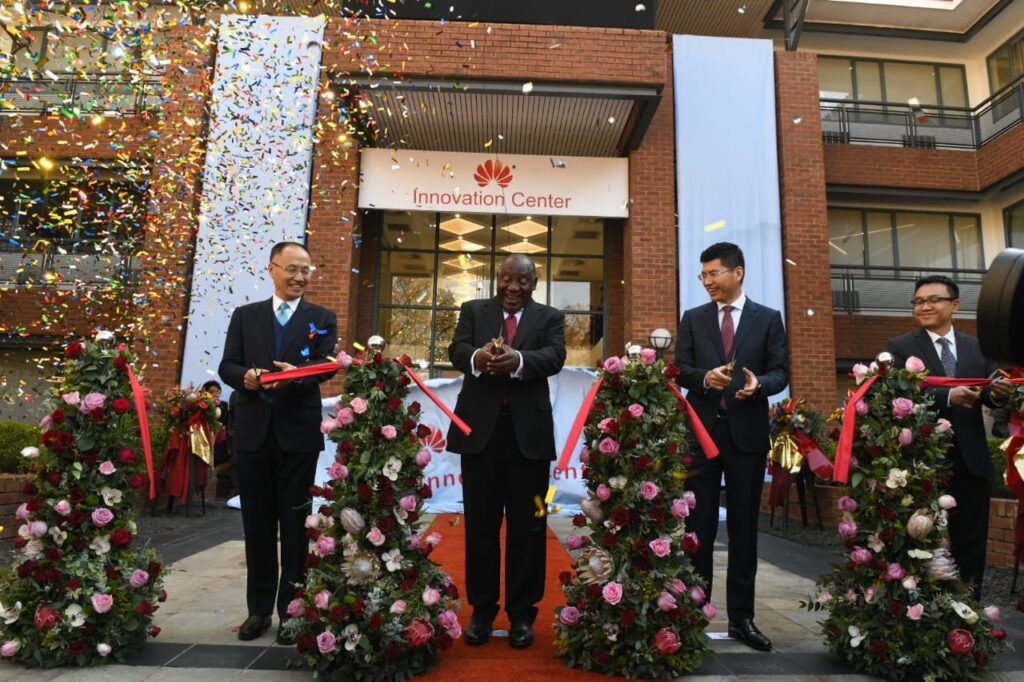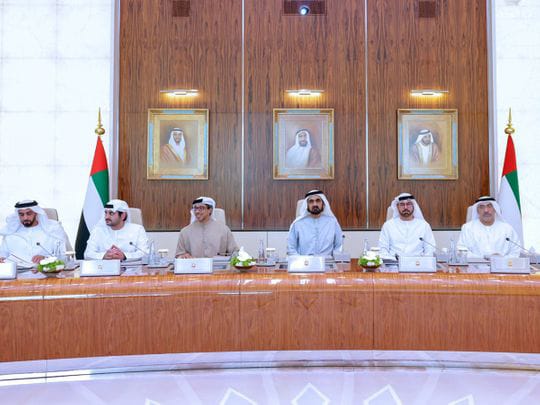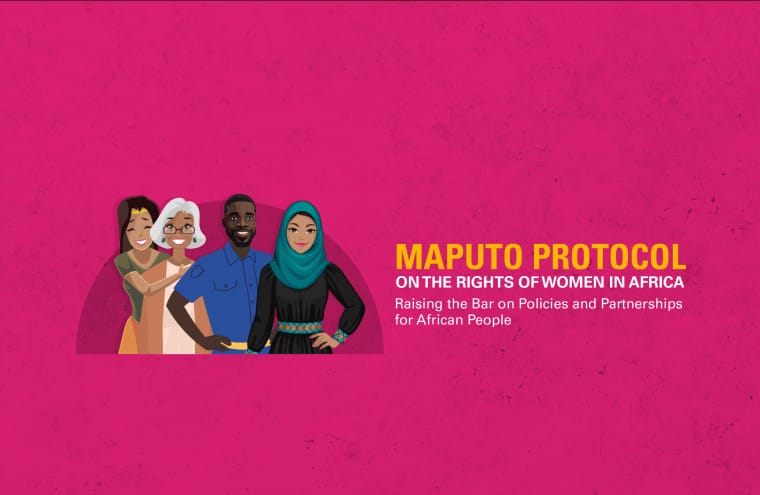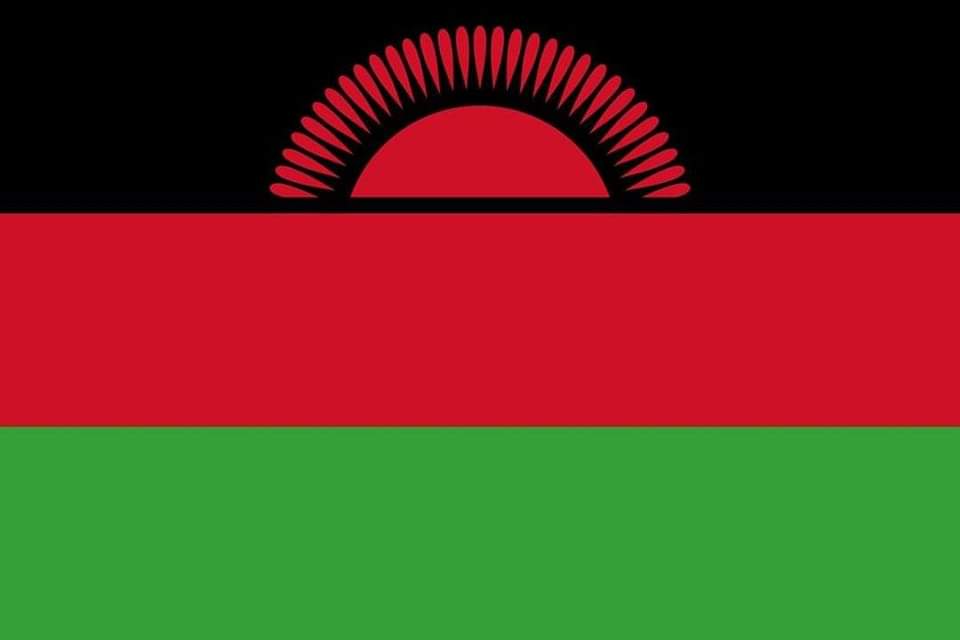
Raising the bar on policies and partnerships for African people: July 2023 to July 2024.
The Protocol to the African Charter on Human and Peoples’ Rights on the Rights of Women in Africa, also known as the Maputo Protocol on Women’s Rights, provides comprehensive rights for women and girls in Africa. The Protocol guarantees extensive rights to women, including the right to take part in the political processes, to social and political equality with men, improved autonomy in their reproductive health decisions, and an end to harmful traditional practices such as female genital mutilation, among others. It covers a broad spectrum of civil, political, economic, social, cultural, and environmental rights and is considered one of the most progressive human rights instruments globally.
As at June 2023, 44 out of 55 African Union Member States have ratified the Maputo Protocol on Women’s Rights, with the Republic of South Sudan being the 44th African Union (AU) Member State to deposit its instruments of ratification to the AU Commission on the 7th of June 2023. A few more Member States have committed to ratifying the Maputo Protocol in 2023 to mark the 20th anniversary of this instrument on July 11th.
The theme, “Raising the Bar on Policies and Partnerships for African People” highlights the 20-year journey of the Maputo Protocol and how it has positively changed Africa’s GEWE landscape. It provides an opportunity to focus on a 3Ps framework recently promulgated by the AUC-WGYD, that looks at ‘Policies, Partnerships and People’ with Promising Practices as a thread that runs across the three PS.
The framework highlights three tiers of impact in development seeking to:
Explore the Policies and legislative frameworks developed at a regional/macro level by the African Union, Regional Economic Communities (RECs) and related AU Organs and Specialised Agencies to set norms and standards on gender equality and women’s empowerment, informed by global normative frameworks and the lived realities and needs of women and girls across the continent.
Spotlight the role of strategic Partnerships and collaboration with development partners, civil society organisations (CSOs), private sector and other stakeholders and how these partners serve as the bridge to decentralize and operationalise policies adopted at regional and national levels.
Demonstrate the positive impact on the lives of the African People, in particular women and girls, to ensure sustainable and tangible benefits and overall improved livelihoods and development outcomes.
Promoting Women Rights In Africa.
Africa has noted that despite positive achievements registered recently in decision- making, women, as the largest proportion of our population; still remain vulnerable, at-risk and impoverished due to the challenges caused by social, economic, cultural and political marginalization, gender-based violence and discrimination against women, terrorism, conflict, and fundamentalism. Africa is committed to resolve and ending violence against women and girls, and improving access to, and control of, finances, land, education, health, information, services, sciences and technology and decision-making in political governance and business enterprises in Agenda 2063 and continental, regional and national Gender Architectures.
Agenda 2063 envisages a non-sexist Africa, an Africa where girls and boys can reach their full potential, where men and women contribute equally to the development of their societies. The vision of Africa expressed in Agenda 2063 is one of an Africa whose development is people-driven, especially relying on the potential offered by its women and youth, aspiration 6 of Agenda 2063.
Under this vision, it is envisaged that there will be gender equality in all spheres of life and an engaged and empowered youth. Women are key contributors to global economies and play a critical role in the development of their societies. Without the equal and effective participation of women in all spheres of socio-political and economic life, the vision of agenda 2063 might not be realized.
By 2063, all forms of violence and discrimination (social, economic, political) against women and girls would have been eliminated and they would fully enjoy all their human rights. This means an end to all harmful social practices and that all barriers to access to quality health and education for women and girls would be non-existent. In addition, the Agenda 2063 would see fully empowered women with equal access and opportunity in all spheres of life. This means that the African woman would have equal economic rights, including the rights to own and inherit property, sign a contract, register and manage a business. Over 90% of rural women would have access to productive assets, including land, credit, inputs and financial services.
Agenda 2063 promotes the attainment of full gender parity with women occupying 50 percent of elected offices at state, regional and local bodies, and 50 percent of managerial positions in government and private sector. The economic and political glass ceiling hindering women’s progress would finally have been broken.
As the blueprint and master plan for the Africa we want for the future, Agenda 2063 puts gender equality at the forefront of the continent’s vision. Among the 7 Aspirations outlined in the Agenda, Aspiration 6 and its related Goal 17 specifically focus on achieving full gender equality to enable a people driven development for Africa. To this end, Agenda 2063 identifies two main priority areas: women’s and girls’ empowerment; and violence and discrimination against women and girls. Because of this large timeframe, mechanisms have been put in place to ensure adequate tracking and monitoring of the progress being made by the continent as a whole.
In 2000, the African Union established its Women, Gender and Development Directorate (WGDD), now Women, Gender and Youth Directorate (WGYD), with the aim of promoting and mainstreaming gender equality within and throughout the Union and its Member States. The Directorate effectively became the Union’s main organ for leading, guiding, defending and coordinating the efforts on gender equality and development as well as promoting women’s empowerment across the continent.
By working with other departments and organs within the Union, the WGDD has designed programmes and delivered projects based on the policies and frameworks adopted by the Member States. These include the Solemn Declaration on Gender Equality in Africa signed in 2004 which is a reporting framework on gender equality and women’s’ empowerment (GEWE) and reaffirms the Member States’ commitment to gender equality as enshrined in Article 4 (1) of the Constitutive Act of the African Union; and the 2003 Protocol to the African Charter on Human and People’s Rights on the Rights of Women in Africa (Maputo Protocol) which provides a legal framework for ensuring civil and political, economic, social and cultural as well as environmental rights for all African women.
These two frameworks have paved the way for other important regional commitments such as the inclusion of gender equality and women’s empowerment in Agenda 2063 and the development of the 2018-2028 African Union Strategy for Gender Equality and Women’s Empowerment, which supports the work of the Agenda as well as gender mainstreaming within the Union. The newly developed Gender Strategy is premised on the 2009 African Union Gender Policy which provided the policy framework on GEWE.
In response to the exacerbated impact of the COVID-19 pandemic on women and girls’ human rights, the AUC also developed the Maputo Protocol Scorecard and Index (MPSI), which is an innovative contribution to the body of tools that seek to enhance accountability and assess progress by Member States in implementing gender equality, women’s rights and women’s empowerment commitments under the Maputo Protocol. The AU further developed the One Million by 2021, now the One Million Next Level Initiative (1MNL) to empower young people, especially young women with opportunities for Education, Employment, Entrepreneurship, Engagement as well as Health and Wellbeing, all in alignment with the relevant provisions of the Maputo Protocol. The and the African Charter on the Rights and Welfare of the Child also secures the rights of children.
To respond to women’s economic development as outlined in the Maputo Protocol, the AU further developed the African Union Women and Youth Financial and Economic Inclusion Initiative (WYFEI) to advocate for parity in employment, unlock financing for African women and youth entrepreneurs, mobilize key stakeholders to provide financial products and services for African women and youth and contribute to business environment reforms in Africa.
Significant impact of the AU Agenda 2063 and other regional legal frameworks such as the Convention on the Elimination of All Forms of Violence against Women (CEDAW), the UN Security Council Resolution 1325, the Beijing Declaration and Platform for Action
and the UN Sustainable Development Goals (SDGs), has been recorded all over the continent.
Over the years, legislations have been adopted, policies formulated, resources allocated, institutions created and remedies provided as a direct consequence of states parties’ compliance with their women’s rights obligations. The All for Maputo Protocol Programme (AMPP) was developed by the AU Commission in 2018 to mark the 15th anniversary of the Maputo Protocol. The AMPP provides an overall framework, shared understanding, and vision of the work and engagement around the Maputo Protocol.
It also seeks to ensure coherence and synergy among the various initiatives and programs being implemented at different levels, highlighting the complementarity and convergence among various parties and actors, including AU, Regional Economic Communities (RECs), Member States, UN Agencies, civil society, women’s rights organizations, human rights institutions, academia, media, eminent personalities, development partners, and others. The AMPP roadmap aims to prevent fragmentation, duplication of efforts, and wastage of scarce resources, while also amplifying the Maputo Protocol outcomes to ensure the realisation of the overall objective of universal ratification and increased domestication and implementation of the Maputo Protocol.
Gender mainstreaming in the African Union is essential for a truly inclusive Africa where the voices and concerns of its 600 million women and girls, which represent about half of the population on the continent, are heard and welcomed at the decision-making tables. Gender equality has been and continues to be important to the AU not just because it is part of its Constitutive Act, but also because it is a fundamental human right that is integral to the economic growth and social development of the continent as a whole. As the leader and representative of a united Africa, the Union has the responsibility to add a gendered dimension to its work and activities.
Commemorating 20 Years, Calendar Of Activities
The African Union Commission’s Women, Gender and Youth Directorate (AUC-WGYD), in collaboration with the Special Rapporteur on the Rights of Women in Africa (SRRWA) of the African Commission on Human and Peoples’ Rights (ACHPR), the Solidarity for African Women’s Rights (SOAWR), the United Nations Office of the High Commissioner for Human Rights (UN-OHCHR) and the United Nations Entity for Gender Equality and the Empowerment of Women (UN Women), with the support of African CSOs, UN Agencies and International Development Partners, will host celebratory events between 10 and 11 July 2023, to mark the 20th anniversary of the Maputo Protocol on Women’s Rights. The celebrations will also kick-start year-long commemorative events that will begin in July 2023 and last until July 2024.
Supported technically and financially by local, regional and international NGOs as well as UN Agencies and International Development Partners, the Maputo@20 celebrations will be held as follows:
1. Maputo Protocol Diplomatic Advocacy Week: Addis Ababa and Nairobi
With Addis Ababa as the Diplomatic capital of Africa and Nairobi hosting the largest number of African Diplomatic Missions, WGYD with its CSOs and UN partners will organise a High-Level Diplomatic Dialogue with AU Missions in Addis Ababa, to be followed by targeted Advocacy Visits to the Embassies of the 11 AU Member States that have not yet ratified the Maputo Protocol in Nairobi, Kenya. The objective of the Dialogue and Advocacy Visits is to encourage the diplomatic missions to push their Member States to ratify the Protocol and submit their instruments of ratification to the AUC by the end of 2023 and for those who have ratified, to accelerate implementation.
The Diplomatic Advocacy Week will be divided into two sessions:
▪ Addis Ababa, Ethiopia: 20 June, Diplomatic Dialogue led by the AUC Deputy Chairperson, H.E. DR. Monique Nsanzabwagana and H.E. Commissioner Janet Ramatoulie Sallah-Njie, Special Rapporteur on Women’s Rights in Africa, African Commission on Human and Peoples’ Rights (ACHPR). The Diplomatic Dialogue will also launch the Roadmap for the yearlong Maputo Protocol 20 years’ commemorative activities 2023-2024.
▪ Nairobi, Kenya: 10 – 13 July, Diplomatic Advocacy visits led by the AU and Members of the Solidarity for African Womens Right’s (SOAWR) Network.
2. Grassroots mobilisation and High-Level Conference.
To celebrate the 20th Anniversary of the Maputo Protocol on Women’s Rights: 10 and 11 July 2023. The meeting will be organised as a High-Level Hybrid Conference from 10 to 11 July 2023, in Nairobi, Kenya. The event will be attended by women leaders, including young women from across the African continent among them rural women, women living with disabilities and women living with HIV/AIDS; AU Ministers in Charge of Gender and Women’s Affairs; AU Organs; AU Specialized Agencies; Regional Economic Communities and Regional Mechanisms (RMs); Civil Society Organizations (women’s rights organizations, young women’s organizations, Community-Based Organisations (CBOs)); Members of the Diplomatic Corps; United Nations Agencies and International Organisations; International Development Partners and Private Sector Partners.
The High-Level Conference will launch the African Women’s Decade on Financial and Economic Inclusion (AWD-FEI) 2020-2030 Roadmap and engage AU citizens on accelerating the implementation of the Roadmap as well as mobilising partnerships for delivering on its flagship programme, notably the AU Women and Youth Financial and Economic Inclusion Initiative (WYFEI).
The AU Campaign on Ending Violence Against Women and Girls will be launched, kick- starting the process towards continental consultations and negotiations on the AU Convention on Ending Violence Against Women and Girls adopted by the African Union (AU) Heads of State and Government in February 2023, in Addis Ababa, Ethiopia. Anchored on the rights enshrined in the Maputo Protocol, this historic AU decision has its origin in the Kinshasa Declaration and Dakar Call to Action on Positive Masculinity in
Leadership to End Violence Against Women and Girls in Africa, adopted during the Inaugural and Second Men’s Conference, respectively held in Kinshasa, Democratic Republic of Congo in November 2021 and in Dakar, Senegal in November 2022.
The two-day High-Level Conference will be convened in different sectoral and thematic working groups to tackle critical priority areas of concern and come up with strategies and solutions to accelerate impactful action. As the celebrations coincide with Africa Women’s Month and especially Africa Women’s Day on July 31, 2023, the high-level event will also be an opportunity to honour African women who contributed to Africa’s liberation and development over the 60 years since the establishment of the Organisation of African Unity (OAU) and the 20 years of the African Union.
The outcomes of the High-Level Conference will be a Report that will be published as part of the 20th Anniversary of the Maputo Protocol celebrations as well as a Declaration on 20th Anniversary of the Maputo Protocol to be presented to the AU Heads of States during the AU Summit in February 2024 through the Specialised Technical Committee on Gender Equality and Women’s Empowerment, Permanent Representatives Committee (PRC), and Executive Council. The outcomes will also be presented at the Women Deliver 2023 Conference to be held from 17 – 20 July, 2023 in Kigali, Rwanda.
3. 20th Anniversary of the Maputo Protocol July 2023 to July 2024 celebrations.
There will be year-long celebrations of the 20th Anniversary of the Maputo Protocol starting in July 2023 and ending in July 2024. While a Roadmap is under development and will be launched during the Diplomatic Advocacy Week, some of the celebratory events will include, among others:
▪ Advocacy Missions to AU Member States that have not yet ratified the Maputo Protocol;
▪ Follow-up Missions to AU Member States that have received capacity building on the Maputo Protocol Scorecard and Index;
▪ Promotion Missions led by the Special Rapporteur on Women’s Rights in Africa, African Commission on Human and Peoples’ Rights (ACHPR);
▪ Development and publication of knowledge products on the Maputo Protocol
▪ Activities targeting in-country advocacy with other duty bearers such Ministries of
Justice, Parliamentarians etc.
▪ Grassroots mobilisation of women and girls, as well as civil society organisations, media, and other key actors to popularise the provisions of the Maputo Protocol
▪ Activities targeting young women on the Maputo protocol.
The AU and its partners will also take advantage of other continental and global platforms during the 20th Anniversary of the Maputo Protocol year to celebrate and raise awareness about the Maputo Protocol.
Source: The African Union Commission
 Photo: Walumbi Village
Photo: Walumbi Village Photo: Memorial Monument
Photo: Memorial Monument Photo: NyeroRock Paintings
Photo: NyeroRock Paintings  Photo: Kampala Kasubi Tombs
Photo: Kampala Kasubi Tombs Photo: Kasubi Tombs Uganda
Photo: Kasubi Tombs Uganda




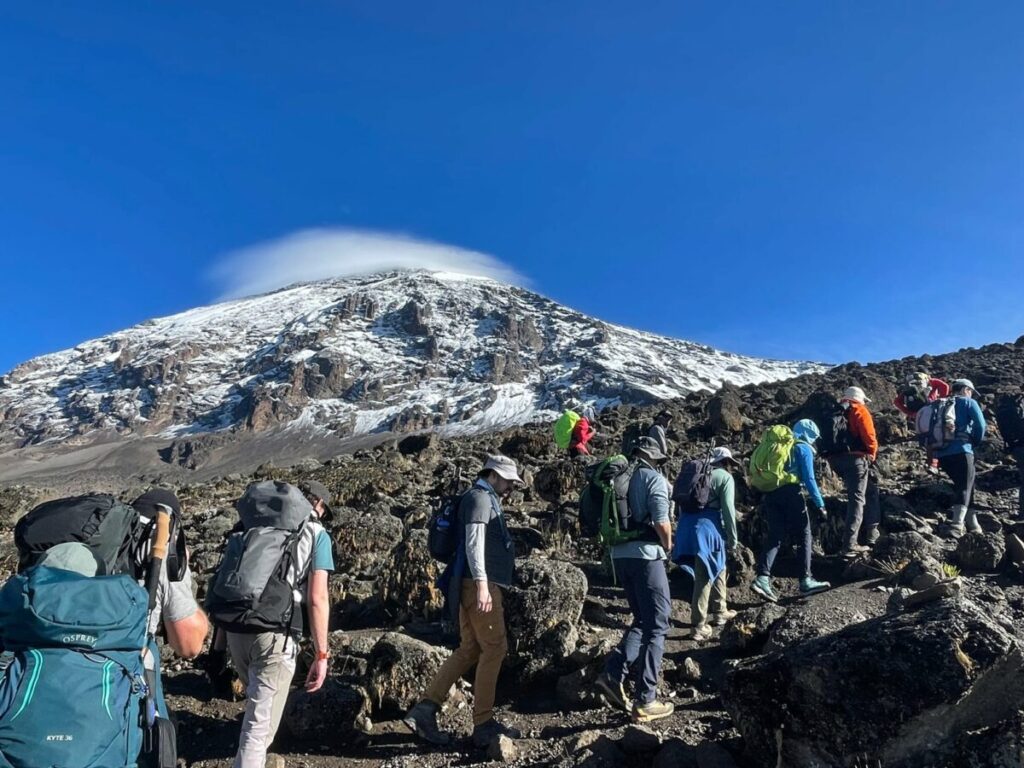





 .
.